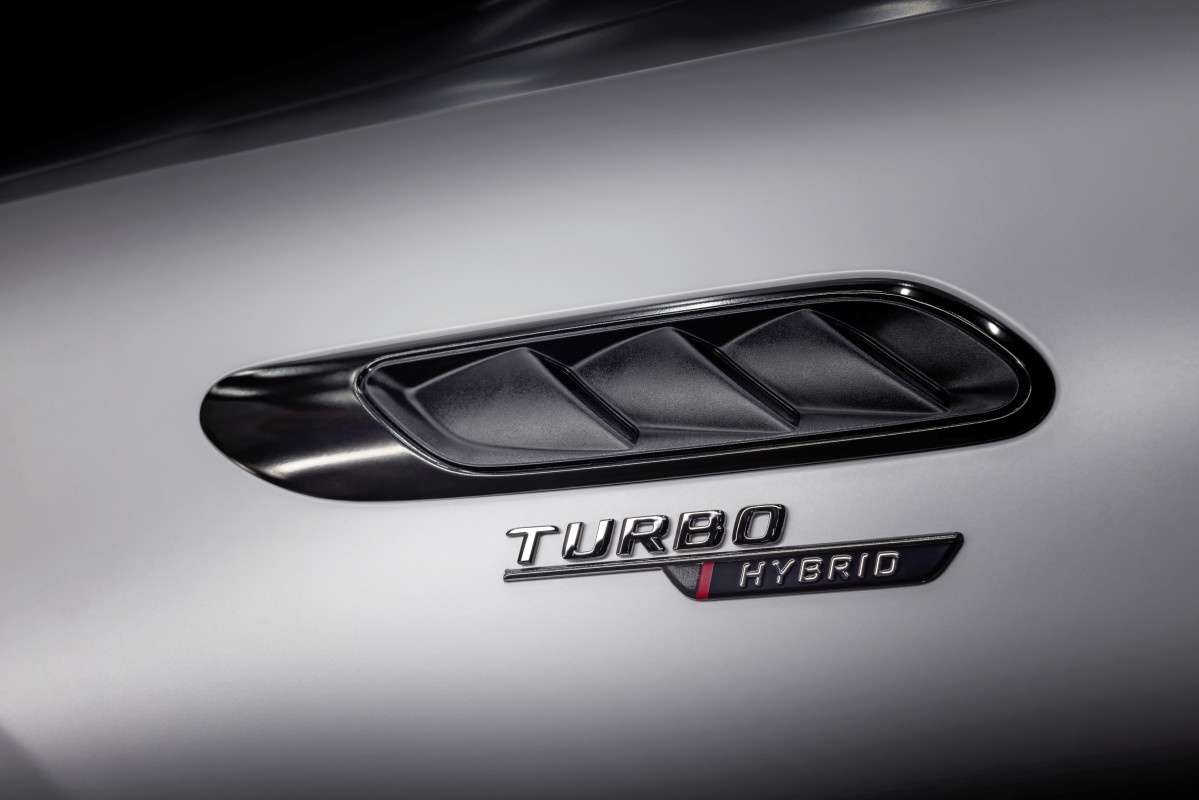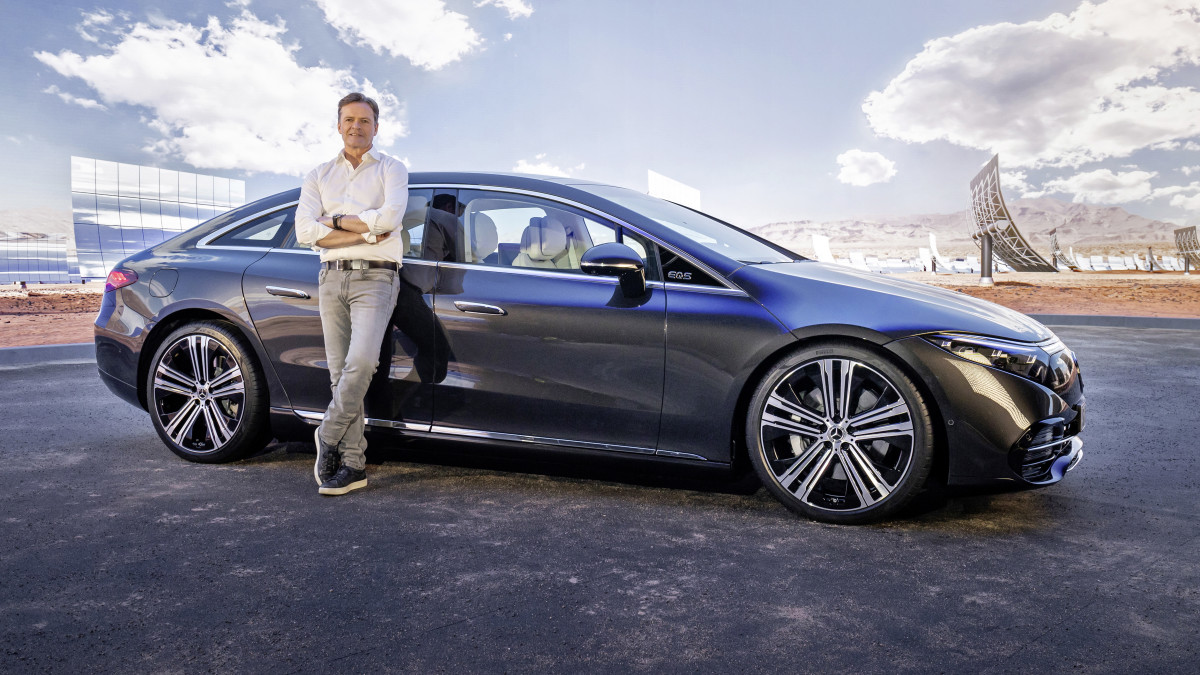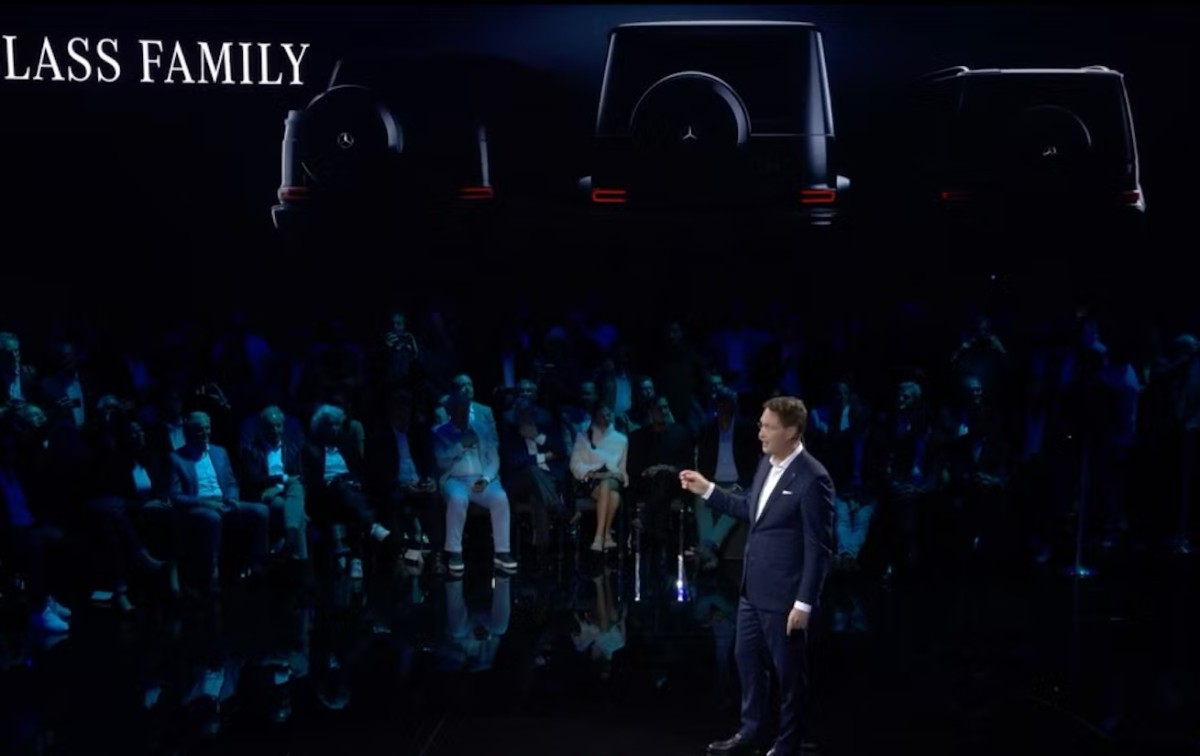Rumor of a Historic Engine Deal
In August, reports circulated that Mercedes-Benz and BMW were preparing a rare collaboration. Mercedes was allegedly in advanced talks to source BMW’s B48 2.0-liter turbocharged four-cylinder engine. The arrangement was said to target upcoming plug-in hybrid versions of smaller Mercedes models, with a production start around 2027. Sharing a proven power plant would help both companies meet stricter Euro 7 emissions standards, cut development costs, and even avoid potential trade tariffs.
That certainly wasn’t good news for the fans of both German automakers, but thankfully, that scenario will not happen. Speaking during the IAA Mobility Show in Munich, Mercedes-Benz executives directly addressed the rumor and dismissed it.

Mercedes Confirms Its Own Path
Markus Schaefer, Chief Technology Officer and member of the Board of Management at Mercedes-Benz Group, told Motor1 that the report was inaccurate. “There is no truth to this,” he said, explaining that the company has already developed its own next-generation combustion engine family known as FAME (Family of Modular Engines). The modular range spans from four to twelve-cylinder layouts and is designed to meet upcoming emissions rules in various nations.
Schaefer added that Mercedes intends to maintain a broad internal-combustion lineup, including new V8 and, surprisingly, V12 engines. He described the FAME units as fully updated and capable of meeting the most stringent global regulations. For smaller models,
Mercedes has already lined up a different partner: the next-generation CLA-Class will adopt a hybrid system from Horse, the joint venture between Geely and Renault. That arrangement does not involve BMW and remains separate from the FAME architecture.
Mercedes-Benz
Looking Ahead: Upcoming Mercedes Models
Mercedes-Benz has a busy product schedule beyond its engine plans. The company recently teased a G-Class Cabriolet, reviving the open-top version last sold nearly a decade ago. Early images show the familiar boxy silhouette with a folding soft top, and a launch is expected around the 2026 model year.
A “Baby G” is also in development. Teased during the IAA Mobility show, it will be a smaller version of the iconic G-Wagen, likely riding on a dedicated platform rather than a shortened G-Class frame. Powertrain details remain unknown, but both combustion and electric versions are possible.
At the entry level, the GLA-Class – currently Mercedes’ most affordable US model – is due for an upgrade with fresh styling, updated technology, and a new hybrid setup. These projects underline Mercedes-Benz’s intention to broaden its lineup while balancing electric growth with traditional offerings.
Mercedes-Benz


